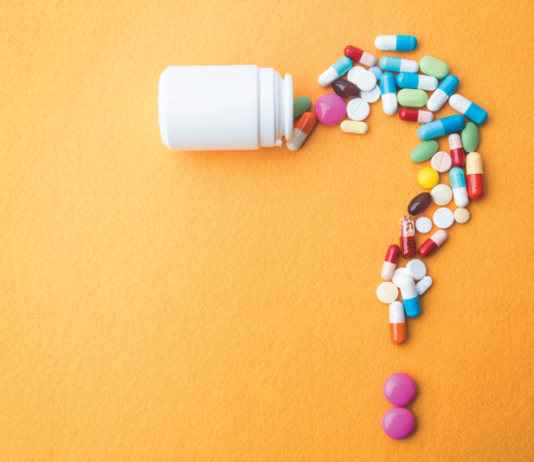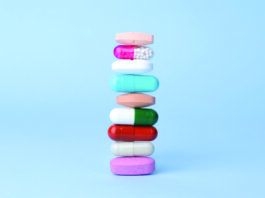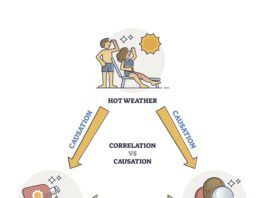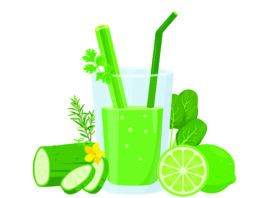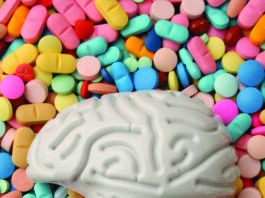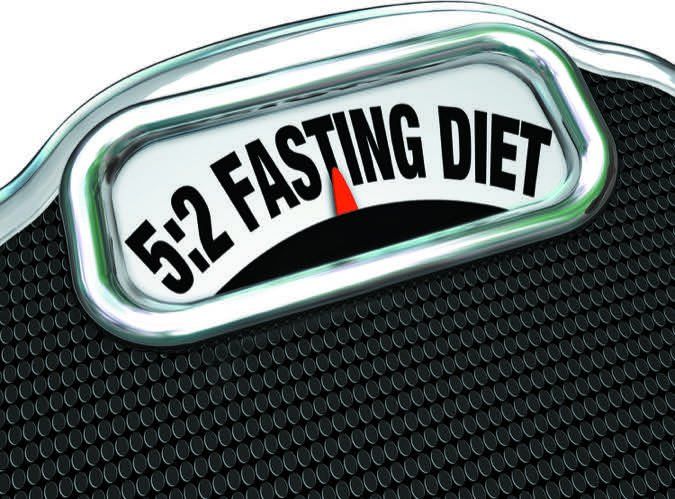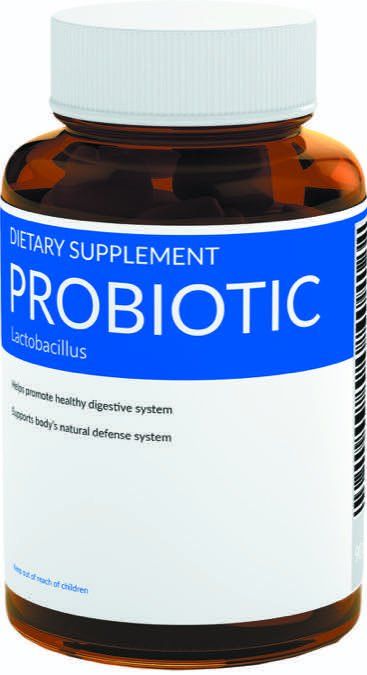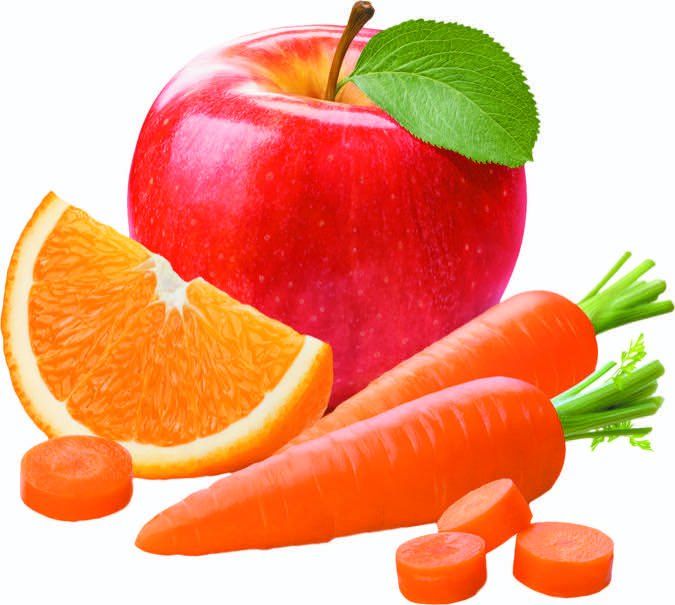Q. Ive read online that vitamin K2 can help preserve bone strength and might...
Q. Ive read online that vitamin K2 can help preserve bone strength and might lower risk for heart disease. What is vitamin K2 and should I get more of it?
Q. Some creams, dietary supplements and even teas say they can protect or rejuvenate...
Q. Some creams, dietary supplements and even teas say they can protect or rejuvenate the skin. Is there anything to this at all?
Q. Colon cancer runs in my family, so I want to do everything I...
Q. Colon cancer runs in my family, so I want to do everything I can to lower my risk. Ive heard that taking extra calcium can help. Is this true?
Is B12 A Brain Booster?
Some purveyors of dietary supplements claim that all you need to do is pop some vitamin B12 every day to obtain brain support, brain protection, and cognitive power.
Do You Really Need to Eat Breakfast Every Day?
You have probably heard that breakfast is the most important meal of the day. In part, this is because some research suggests that eating a daily breakfast may help you to maintain a healthy weight or, if you are overweight, lose some pounds and keep them off. The research is not definitive on the question of breakfast and weight control, but breakfast has another important potential benefit.
The Buzz on Intermittent Fasting
Intermittent fasting is a hot topic among dieters and researchers alike. This weight loss approach is all about forgoing food and caloric beverages for periods longer than a typical overnight fast.
Debunking 6 Probiotic Myths
Some people use supplements and fermented foods containing probiotics-beneficial bacteria and yeasts-in an effort to improve health. But, is there good science behind them? Probiotic experts help clear up six common myths.
Reduce Heart Disease Deaths Through Food Price Changes
Policymakers are looking at ways to help nudge Americans to make healthier food choices. Two possible approaches: 1) raise the prices of unhealthy foods to discourage their consumption and 2) subsidize the prices of healthy foods to encourage their consumption. The payoff from either one? Lower risk of death from cardiovascular disease, says a new study.
Q. Are nutrients lost by rinsing canned beans?
Q. Are nutrients lost by rinsing canned beans?
Does Peeling Carrots Remove Nutrients?
Q. Is it true that most of a carrot's nutrients are in or just below the skin, so it shouldn't be peeled?





















